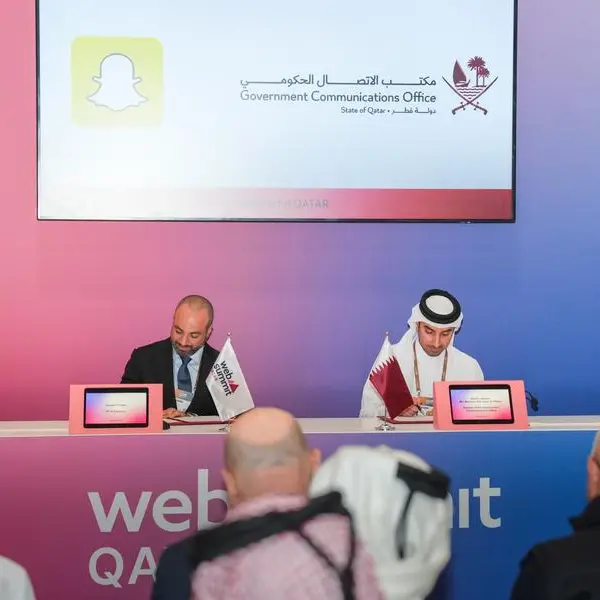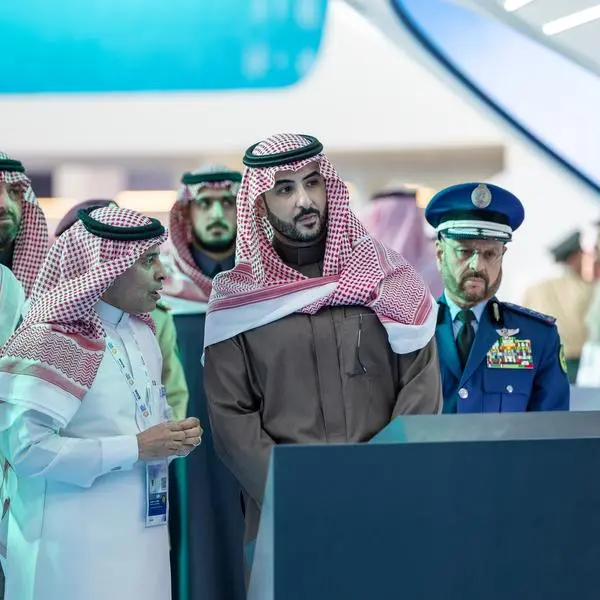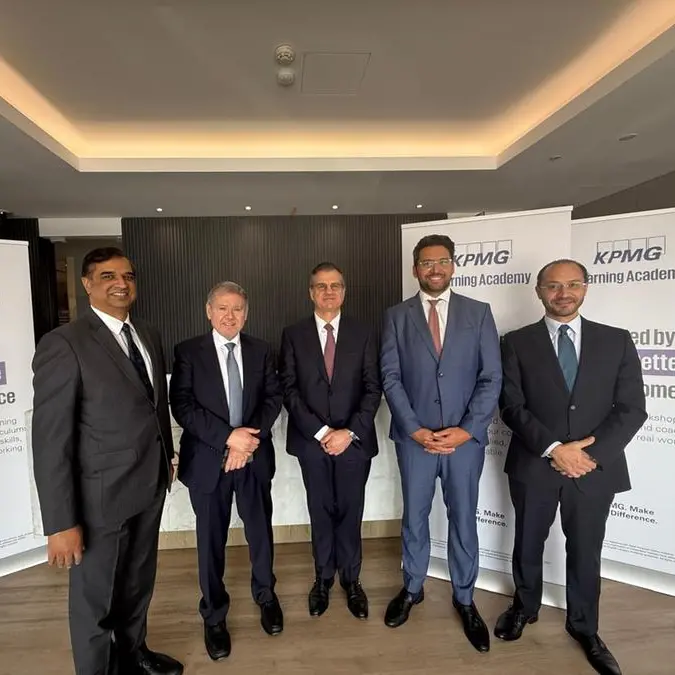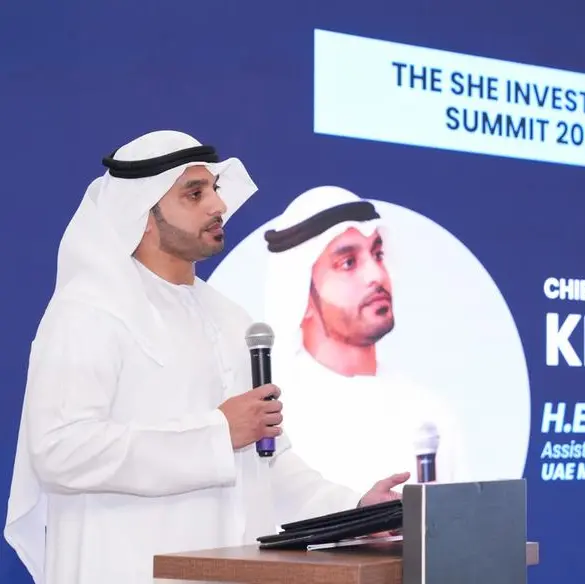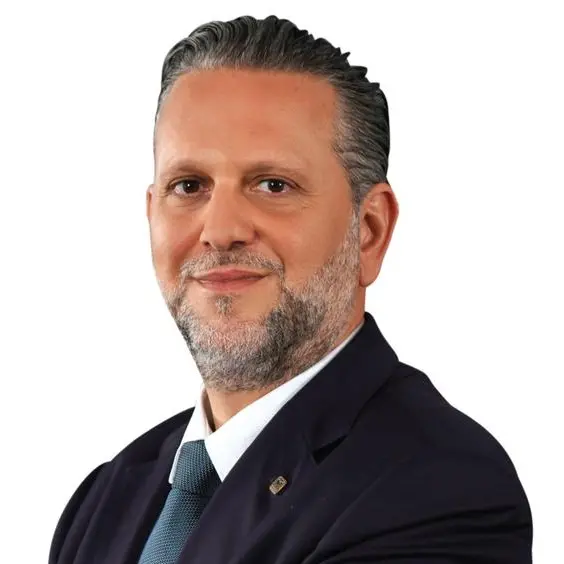Dubai, UAE - REC is confident that the U.N. Climate Change Conference in Paris (COP21), November 30-December 11, marks a global tipping point in the fight against climate change. Escalating climate change represents the biggest challenge facing the planet today. Based on IPCC's most recent Synthesis Report, it is clear that climate change has widespread impacts on human and natural systems in every region already today and that drastic mitigation efforts have to be launched now to limit the temperature increase to below 2ºC.
In a global initiative, REC, the largest European solar PV brand which is also active in the Middle East and Africa region, is raising awareness on climate change and the central role that solar energy must play in meeting the challenge and is calling for specific policy action to maintain solar's momentum.
"Around 170 developed and developing countries worldwide submitted well in advance of COP21 their ambitious pledges to reduce carbon emissions. Including major emissions contributors like China, U.S., India and the European Union, these submissions represent around 90% of the global greenhouse gas emissions. This is an incredible achievement already and it increases the likelihood that the world's nations will sign an historic binding universal agreement to significantly reduce carbon emissions and increase the use of renewable energy," Steve O'Neil, CEO at REC, strongly believes.
A major step during this year's climate change conference is also demonstrated by the submitted country pledges from the Middle East & Africa region. Despite being among the largest producers of fossil fuels worldwide, countries in Middle East clearly aim to diversify their energy mix to include more clean and renewable energy sources. The UAE has set a target of increasing clean energy contribution to their total energy mix from 0.2% in 2014, to 24% by 2021. Impressive solar projects like the Sheikh Mohammed bin Rashid Al Maktoum Solar Park, with a planned capacity of 1 gigawatts (GW) by 2019 and 3 GW by 2030, or the "Shams Dubai" initiative, which aims to kick-start the private rooftop solar market, all represent a wider push for solar energy in the region. Based on these steps as well as the low generation costs for utility scale solar PV installations in UAE (5-10 USD-cents/ kWh), REC expects a bright future for solar in the Middle East. IHS forecasts that the market will take off in 2017, passing the 1 GW mark of new installations, and reaching almost 2 GW in 2019.
Being the tenth-largest producer of CO2 emissions, Saudi Arabia aims to avoid 130 megatons of CO2-equivalents annually by 2030. Despite, generating low carbon emissions per capita, the impact of global climate change is huge on Egypt; if sea levels rise by 50 cm, more than seven million people might need to be displaced.
With solar PV systems now costing half what they did just six years ago, solar is becoming more affordable the fastest and is achieving grid parity in more and more regions.In addition, solar installations are also quicker to set up than any other renewable energy sources - a vital consideration in regions such as Sub-SaharaAfrica, where there are still more than 600 million people without grid access. Here, solar can be a clean, reliable source of energy to replace the still widespread diesel-powered generators and their harmful emissions.It is therefore no surprise that investments in clean energy projects in Africa has been growing significantly in recent years with the majority taking place in South Africa. The country aims to reduce emissions by 20% by 2030 compared to 2012 and is among the most ambitious in terms of pledged targets. With generation costs for utility scale solar PV in the range of 10 USD-cents/kWh, solar has the potential for a notable contribution.By 2030, Kenya aims to reduce emissions by 30% compared to business as usual, and Ghana by at least 15%.
"Despite setting a new milestone in Paris, after COP20 being a 'lame duck', what really matters is the road after Paris. With 40% of global energy-related CO2 emissions coming from the power sector, the widespread deployment of low-carbon, zero-harm and affordable energy sources represents the only path for bringing emissions under control while powering the world. Solar fits the bill," O'Neil states. Solar, energy storage and related technologies also represent a trillion-dollar-plus market opportunity as the world transitions from dirty fossil fuels to renewable sources of energy.
REC's informational advocacy campaign includes a number of press, social media, marketing and educational activities. As a key part of its COP21 initiative, REC has issued "A Call for A Sunny Commitment," an open letter addressed to governments, organizations and other stakeholders, outlining how clean, viable and cost competitive solar energy is today, and what policy action is needed from governments to eliminate barriers for solar's growth in the interest of a safe climate:
· Reduce subsidies for fossil fuels for a fair comparison of economics - fossil fuel industries received USD 550 billion in subsidies in 2013, four times more than renewables.
· Reform the carbon market to ensure a real price for CO2 emissions - average price for global energy-related CO2 emissions in a carbon market is USD 7 per ton of CO2, while subsidizing fossil fuels at USD 115 per ton of CO2.
· Promote residential and commercial solar self-consumption more strongly - these green investments should be honored.
About REC:
REC is the largest European brand of solar panels, with more than 15 million high-quality panels produced at the end of 2014. With integrated manufacturing from polysilicon to wafers, cells, panels and turnkey solar solutions, REC strives to help meet the world's growing energy needs. In partnership with a sales channel of distributors, installers, and EPCs, REC panels are installed globally. Founded in 1996, REC is a BluestarElkem company with headquarters in Norway and operational headquarters in Singapore. REC's 1,800 employees worldwide generated revenues of USD 680 million in 2014.
Find out more about REC at www.recgroup.com
For further information please contact:
Lisa George/ShrouqMoustafa, Iris Public Relations DMCC. Tel: +97144341207. Website:www.irispr.net
Email:lisa@irispr.net/shrouq@irispr.net
© Press Release 2015
